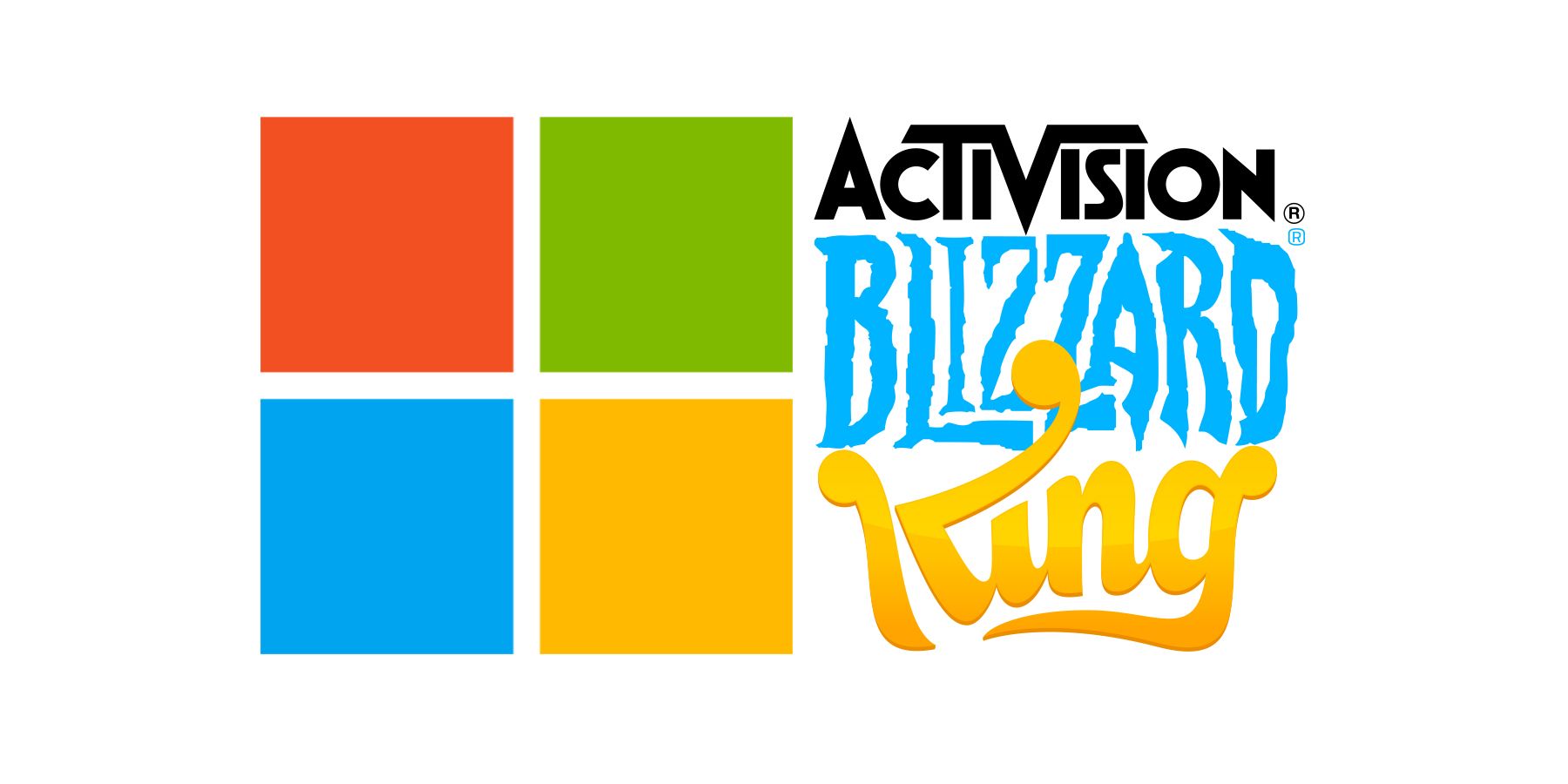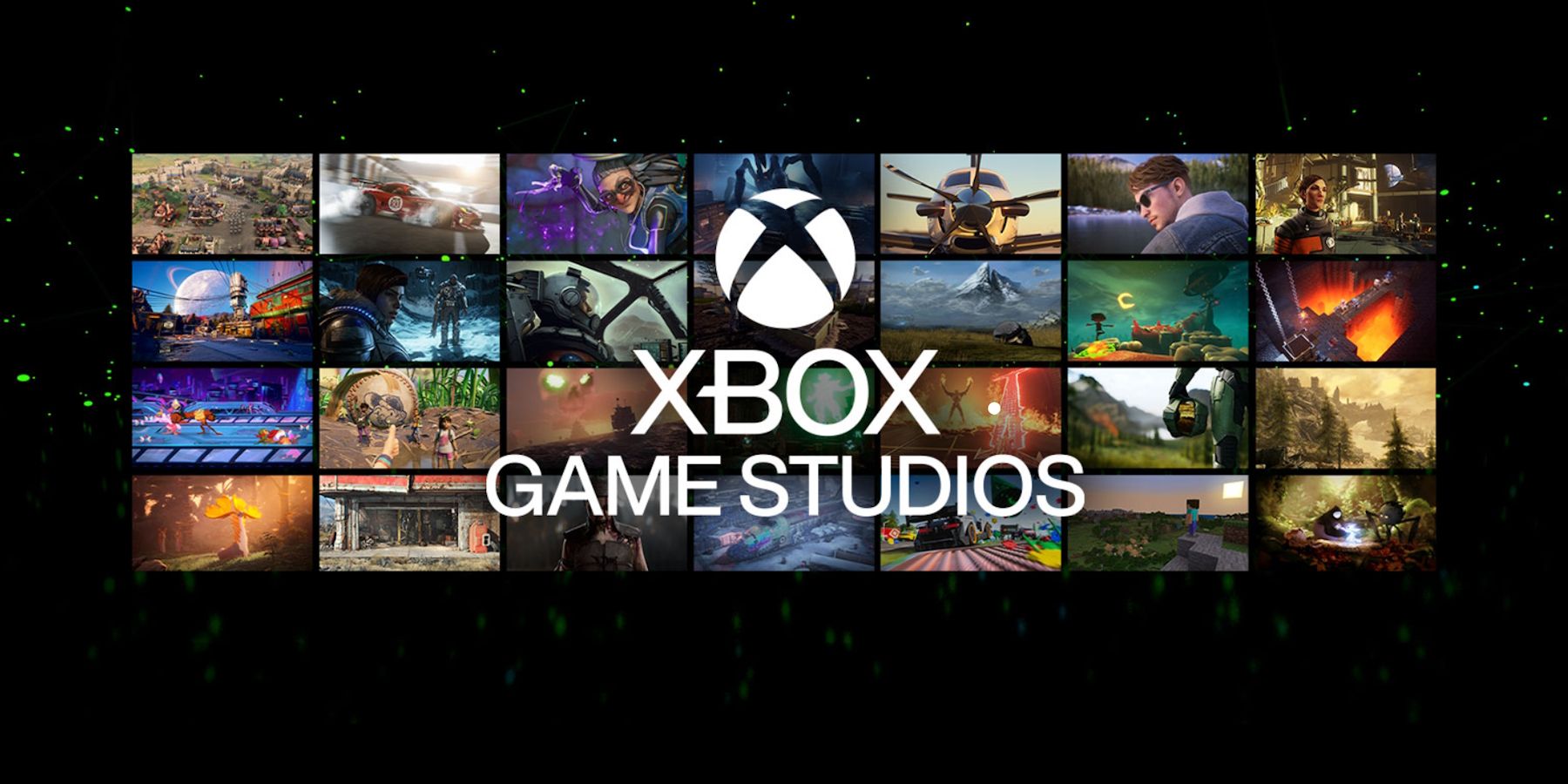
Game-Changing Ruling: FTC's Bid to Halt Microsoft Activision Blizzard Merger Falls Short

The Ninth Circuit Court of Appeals rejects FTC's bid to halt Microsoft's acquisition of Activision Blizzard Acquisition proceeds despite regulatory concerns
The FTC's appeal to halt Microsoft's acquisition of Activision Blizzard has been denied by the Ninth Circuit Court of Appeals, marking the FTC's second setback after their failed request for a preliminary injunction from judge Jacqueline Scott Corley. In January 2022, Microsoft made headlines when it announced its plans to acquire Activision Blizzard for a staggering $68.7 billion, making it the largest acquisition in gaming history. Once the deal is finalized, Xbox Game Studios will encompass all games under Activision, Blizzard, and King, expanding Microsoft's lineup with popular IPs such as Call of Duty, Diablo, and Candy Crush Saga. While many countries approved the acquisition, the UK's Competition and Markets Authority and the U.S. Federal Trade Commission attempted to block the merger.
The legal battle between the FTC and Microsoft over the acquisition of Activision Blizzard may finally conclude soon, as the Ninth Circuit Court of Appeals has denied the FTC's request to halt Microsoft's $68.7 billion deal. Judge Jacqueline Scott Corley stated that Microsoft has provided written assurance that Call of Duty will remain on PlayStation for 10 years, will be ported to Nintendo Switch, and will make other Activision games available on cloud gaming services. Since Microsoft does not appear to pose a threat to its competitors, the Court has no grounds to block Microsoft's acquisition of Activision Blizzard.
Microsoft's recent legal victory means that it can now proceed with its deal with Activision Blizzard. The two companies have until July 18 to finalize the transaction, or they may have to renegotiate the terms of the merger. While the Federal Trade Commission (FTC) has failed to impede Microsoft's plans, there is still one obstacle remaining: the UK's Competition and Markets Authority (CMA).
The CMA has expressed concerns that Microsoft's acquisition of Activision Blizzard could result in anti-competitive behavior, particularly in the cloud gaming sector. Both the CMA and Microsoft are currently exploring options to address these antitrust concerns and modify the deal's terms to ensure that the gaming industry's overall balance is not compromised.
Source: United States Court of Appeals for the Ninth Circuit














